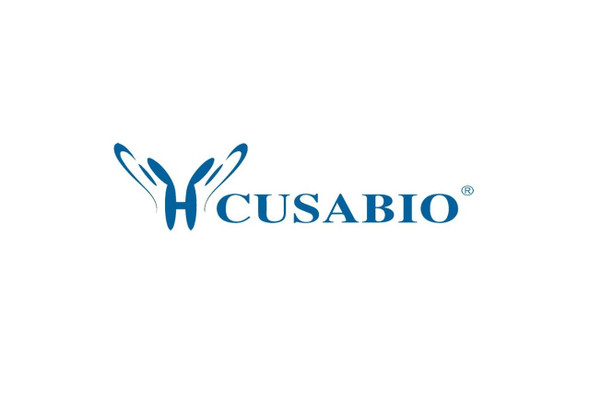Cusabio Polyclonal Antibodies
CBR1 Antibody | CSB-PA047884
- SKU:
- CSB-PA047884
- Availability:
- 3 to 7 Working Days
- Size:
- 100ul
Description
CBR1 Antibody | CSB-PA047884 | Cusabio
CBR1 Antibody is Available at Gentaur Genprice with the fastest delivery.
Online Order Payment is possible or send quotation to info@gentaur.com.
Product Type: Polyclonal Antibody
Target Names: CBR1
Aliases: 15-hydroxyprostaglandin dehydrogenase [NADP+]; 2; 9-reductase; carbonyl reductase (NADPH) ; carbonyl reductase (NADPH) 1
Background: NADPH-dependent reductase with broad substrate specificity. Catalyzes the reduction of a wide variety of carbonyl compounds including quinones, prostaglandins, menadione, plus various xenobiotics. Catalyzes the reduction of the antitumor anthracyclines doxorubicin and daunorubicin to the cardiotoxic compounds doxorubicinol and daunorubicinol. Can convert prostaglandin E2 to prostaglandin F2-alpha. Can bind glutathione, which explains its higher affinity for glutathione-conjugated substrates. Catalyzes the reduction of S-nitrosoglutathione.
Wermuth B., J. Biol. Chem. 263:16185-16188 (1988) .
Forrest G.L., Biochim. Biophys. Acta 1048:149-155 (1990) .
Forrest G.L., Mol. Pharmacol. 40:502-507 (1991) .
Isotype: IgG
Conjugate: Non-conjugated
Clonality: Polyclonal
Uniport ID: P16152
Host Species: Rabbit
Species Reactivity: Human
Immunogen: Synthesized peptide derived from internal of human CBR1.
Immunogen Species: Human
Applications: ELISA, WB, IHC
Tested Applications: ELISA, WB, IHC;WB:1:500-1:3000, IHC:1:50-1:100
Purification Method: The antibody was affinity-purified from rabbit antiserum by affinity-chromatography using epitope-specific immunogen.
Dilution Ratio1: ELISA:1:2000-1:10000
Dilution Ratio2: WB:1:500-1:3000
Dilution Ratio3: IHC:1:50-1:100
Dilution Ratio4:
Dilution Ratio5:
Dilution Ratio6:
Buffer: Rabbit IgG in phosphate buffered saline (without Mg2+ and Ca2+), pH 7.4, 150mM NaCl, 0.02% sodium azide and 50% glycerol.
Form: liquid
Storage: Upon receipt, store at -20°C or -80°C. Avoid repeated freeze.
Initial Research Areas: Signal Transduction
Research Areas: Cancer;Cell biology;Metabolism;Signal transduction






